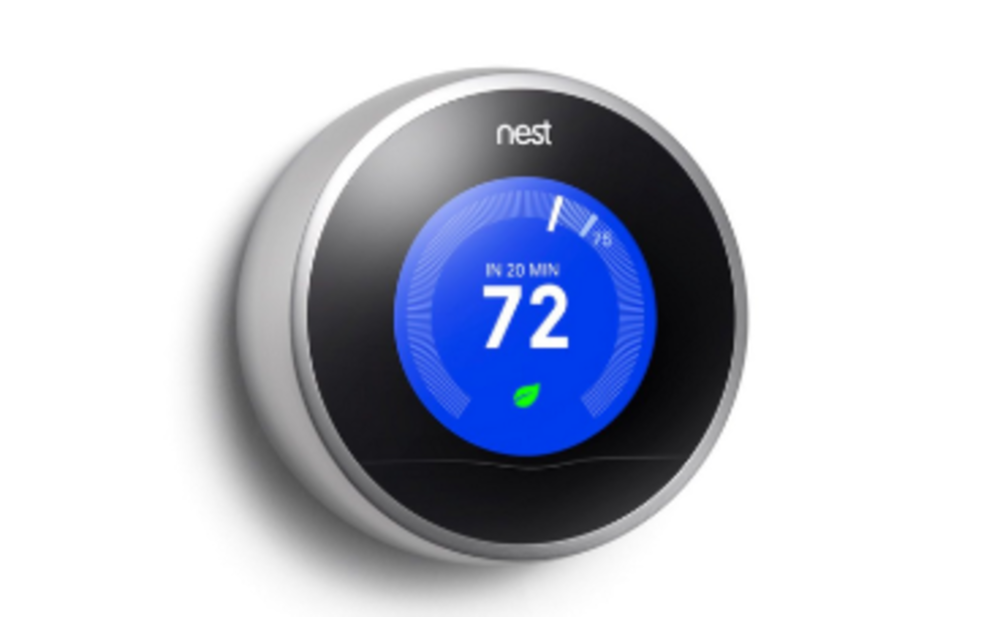Having just learned the day before that the mobile mind shift is already far along on its way, the audience at the closing day of Forrester’s Forum for Marketing Leaders in Los Angeles was told not to get too comfortable just yet with the nature of perpetual connectivity.
“Because the nature of that perpetual connectivity is changing in the very near future,” said Forrester senior analyst Sarah Rotman Epps, author of the “Smart Body, Smart World” report, a piece of research examining the growing presence of devices that connect “the two previously offline domains of our physical bodies and the physical environments we inhabit.”
But our world will not slowly begin to resemble Minority Report, in which ads and billboards adapt based on an individual’s personal identity by scanning retinal sensors, says Rotman Epps. (A show of hands established that nearly everyone in the audience would find this kind of advertising invasive and creepy.)
“Smart ads are actually pretty dumb,” Rotman Epps said. There are some marketers experimenting with “smart” ads—like Plan UK, which developed a billboard that can tailor its messaging based on the gender of the person standing in front of it. “But that feels gimmicky, not game-changing,” she said. “’Smart body, smart world’ is not about taking the existing paradigm and just bolting on a new technology.”
Consumers want utility from their devices—like the Vitality glow cap, which lights up to remind users to take their medication; The Learning Thermostat from Nest; or the Basis smart-watch, which can tell when the wearer is stressed out, said Rotman Epps.
Which means that if marketers want to take advantage of the “Internet of things,” they’re going to have to shift their priorities to deliver engagement, not advertising—as well as modify their approach to data and reconfigure their practices around privacy to take on new data acquired via sensor.
“New smart devices unlock new information we’ve never had access to before using small, inexpensive sensors,” she said. “But it’s not just new information for information’s sake; it’s new information that disrupts industries.”
For example, look at Delta Dental of Kentucky and its partnership with Beam Technologies. The latter makes a sensor-laden toothbrush that can track teeth-brushing behavior. The data gleaned from that experience could help Delta Dental build a better pricing model for its consumers—and that’s a marketing differentiator.
“Marketing spends the majority of its budget early in the life-cycle on new acquisitions,” Rotman Epps said. “But with such intimate devices [like Google Glass], marketers need to build on relationships that have already been established, which requires trust and permission—and you earn that through delivering utility.
To get that done, Rotman Epps advises seeking partnerships with academic and corporate R&D labs to keep a read on what’s coming down the road, and experimenting with off-the-shelf devices. Nissan, for example, uses Microsoft’s Xbox Connect to help sell cars in its dealerships.
The point is that customers want to engage—just don’t take advantage.
“If I had to leave you with one thought, it would be this: Unplug the creepiness,” Rotman Epps said. “We’re not building a Minority Report future, so be useful, not creepy.”





